US-China relations are on the verge of thawing after a year of turmoil and tension, although many challenges lie ahead.
The four-hour summit between US President Joe Biden and Chinese President Xi Jinping in San Francisco on November 15 raised hopes for a new momentum in US-China relations, after a year in which the two powers virtually cut off high-level communication channels.
More than a month after the meeting, Washington and Beijing are showing signs of restoring relations. On December 22, the two countries resumed military dialogue that had been frozen by China since August 2022, following a visit to Taiwan by then-US House Speaker Nancy Pelosi.
The United States and China believe that maintaining dialogue is important for both sides, according to information from an online meeting between Chairman of the US Joint Chiefs of Staff Charles Brown and General Liu Zhenli, chief of staff of the Joint Staff Department of the Central Military Commission of China.
A week later, Mr. Xi sent a congratulatory letter to the 50th anniversary of the founding of the U.S.-China Business Council (USCBC), a Washington-based nonprofit organization that represents more than 270 American companies doing business in China.
In the letter, he pledged to create a more favorable business environment for US companies operating in China, amid concerns that the world's second-largest economy is struggling to recover from a property crisis and foreign investors are leaving.
Chinese leaders called on the USCBC and its members to "build bridges of friendly exchanges" and expand cooperation between the two countries, a sign that the world's most important bilateral relationship continues to warm.
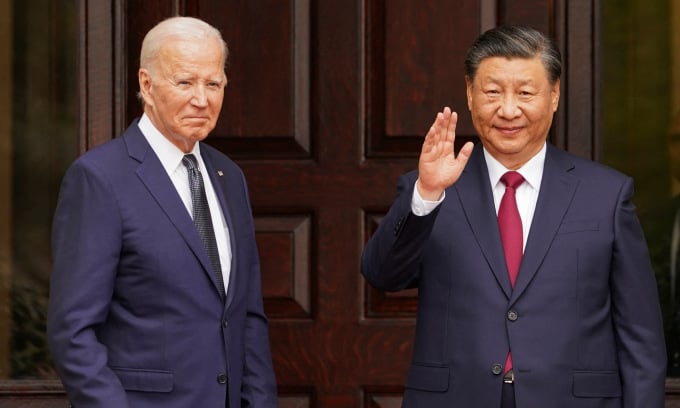
President Biden (left) and President Xi Jinping at the Filoli estate on November 15. Photo: Reuters
On the US side, a positive signal was sent by Treasury Secretary Janet Yellen, an important interlocutor in the restoration of US-China relations. She is scheduled to make a second visit to China in 2024, when the two countries celebrate the 45th anniversary of diplomatic relations. Ms. Yellen's focus during the visit will be to identify "remaining difficult issues" between the two countries.
“There are many issues where the United States and China disagree strongly. The risk of shocks affecting both countries is always present. We do not seek to resolve every disagreement or avoid every shock. That is completely impossible,” she said.
The US goal is to help "flexible dialogue when disagreements and shocks occur, as well as prevent misunderstandings from escalating and causing harm" to both sides, according to Ms. Yellen.
The second positive point is that the working groups established by the two countries to address financial and economic issues have met regularly.
“It is well understood that military leaders need to have a fast and reliable channel of communication to prevent a crisis from spiraling out of control,” she said. “For economic policymakers responding to a financial crisis, it is important to know who they can quickly reach out to. To do this, the United States and China will facilitate exchanges between their financial regulators.”
Relations between the two countries have warmed slightly since earlier this year, according to Bhagyashree Garekar, an analyst for the Straits Times . Bilateral relations hit a low point in February, when the US shot down a Chinese balloon it considered a spy device off the coast of South Carolina. Beijing condemned the action, saying it was a stray weather balloon.
"We are seeing some positive moves, with Chinese government agencies being encouraged to engage more with their US counterparts. One of them is the resumption of high-level military exchanges," said Bonny Lin, a senior fellow for Asian security at the Center for Strategic and International Studies in the US.
However, observers also warned that US-China relations could continue to face many storms in 2024, despite positive signals at the end of 2023.
First up will be elections in Taiwan, an island China regards as a renegade province, on January 13. How China reacts to the election could determine whether relations between the two superpowers return to a tense state, according to Reuters analysts Don Durfee and Antoni Slodkowski.
Previous elections on the island have escalated tensions, most notably in 1996, when China conducted military exercises and missile tests, prompting the US to send an aircraft carrier into the Taiwan Strait.
However, some analysts believe that, in a bid to avoid conflict, Mr Xi will restrain China's military response to the Taiwan election.
The US presidential election in late 2024 could have an even greater impact on bilateral relations. This year’s election could very well be a rematch between Mr Biden and former President Donald Trump, who took a very tough stance on China.
As the race for the White House looms over China, President Xi Jinping may be more focused on the question of whether Trump will be re-elected.
“When the Chinese think about next year’s election, Trump will again be their worst nightmare,” said Yun Sun, director of the Stimson Center in the US.
US-China relations have become very tense during Mr Trump's term, with a large-scale trade war and accusations about the origin of Covid-19.
After taking office, President Biden did not lift the tariffs imposed under Trump, but even increased pressure on Beijing by adding new export controls and strengthening America's multilateral alliances.
Although China may not be satisfied with many of Biden's policies, Sun said China still sees him as a leader who adheres to the rules of relations. Meanwhile, Trump is unpredictable and can make unexpected decisions.
"Under Trump, the two sides have barely been able to have any meaningful dialogue on any front, instead there has been an unstoppable escalation of tensions," Sun said.
The Biden administration’s chip export controls are likely to be strengthened next year. China has struggled to respond to US restrictions, especially as retaliation against US companies could deprive Beijing of foreign capital at a time when its economic growth is slowing.
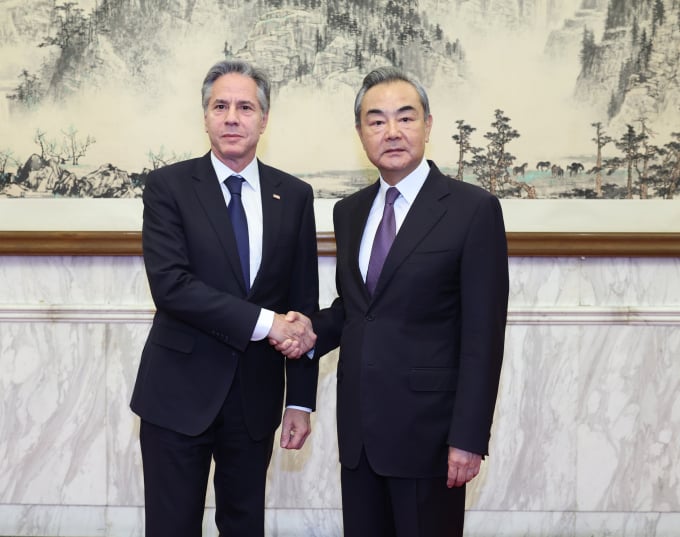
China's top diplomat Wang Yi (right) shakes hands with US Secretary of State Antony Blinken in Beijing on June 19. Photo: AFP
As a result, observers say both sides will be cautious about the future. “Both countries are wary of the risk that the outcomes of the Xi-Biden meeting could be challenged and undermined,” Lin said.
Xin Qiang, deputy director of the Center for American Studies at Fudan University, China, also warned the US not to be too optimistic about restoring military communication channels and said that the two sides "no longer have any major problems".
However, Ms. Yellen emphasized the importance of efforts to maintain stability in bilateral relations. "Our economies and our people, and the world, will be safer. This is what it means for the United States and China to build and manage our relationship responsibly," she said.
Thanh Tam (According to Straits Times, Reuters, WSJ )
Source link




![[Photo] Prime Minister Pham Minh Chinh and Brazilian President Luiz Inácio Lula da Silva attend the Vietnam-Brazil Economic Forum](https://vstatic.vietnam.vn/vietnam/resource/IMAGE/2025/3/29/f3fd11b0421949878011a8f5da318635)


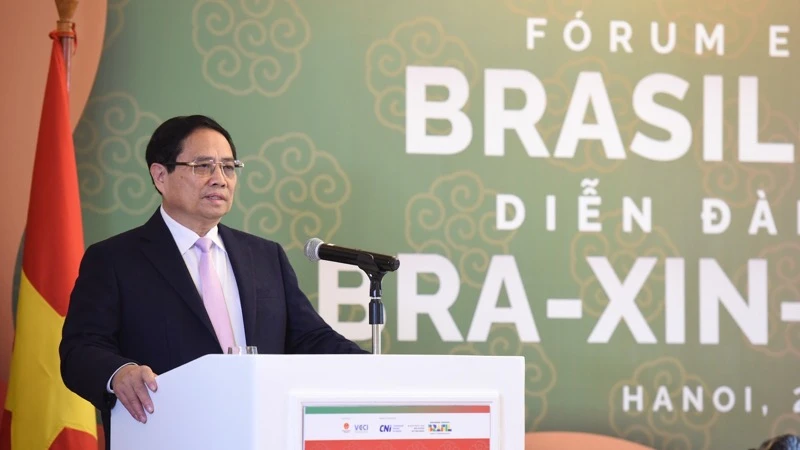
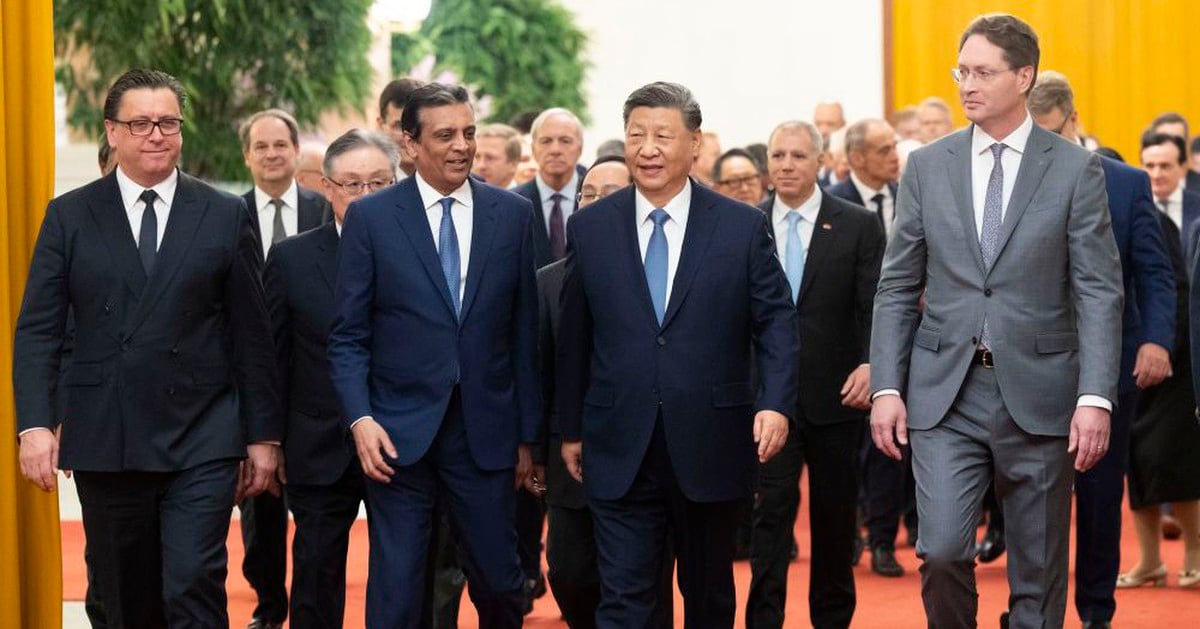

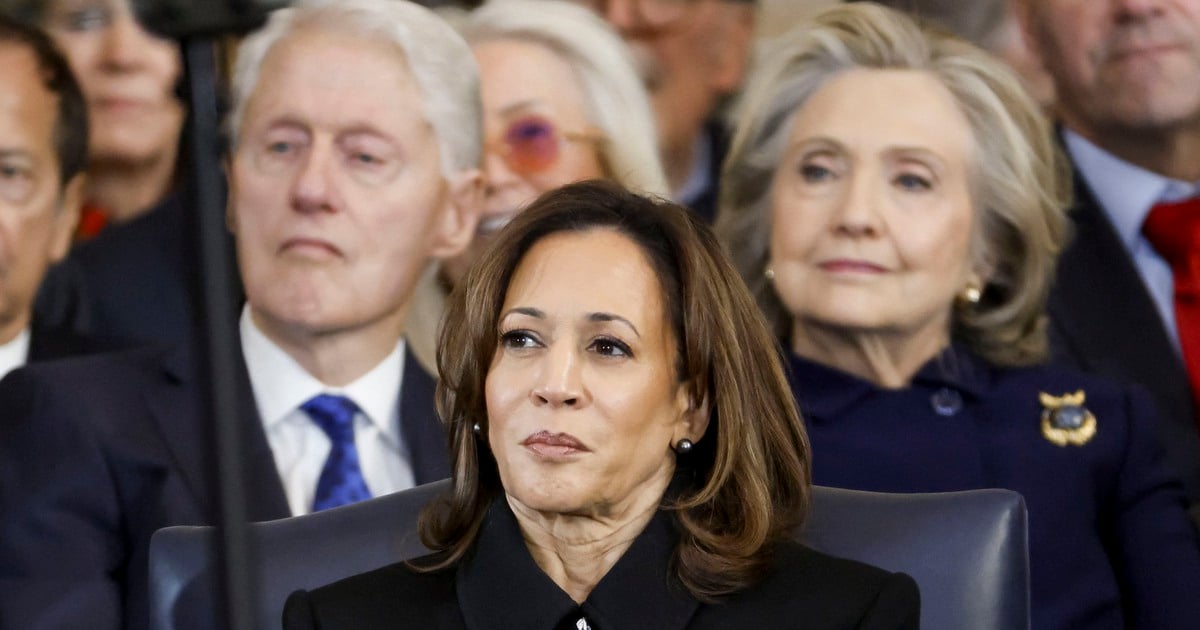

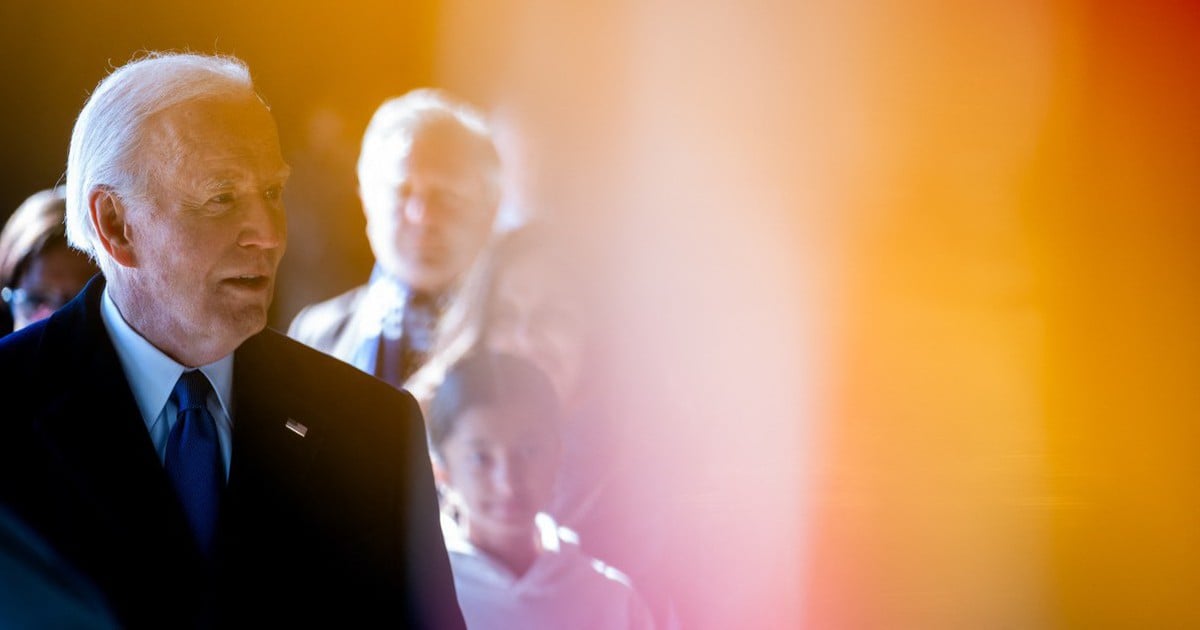
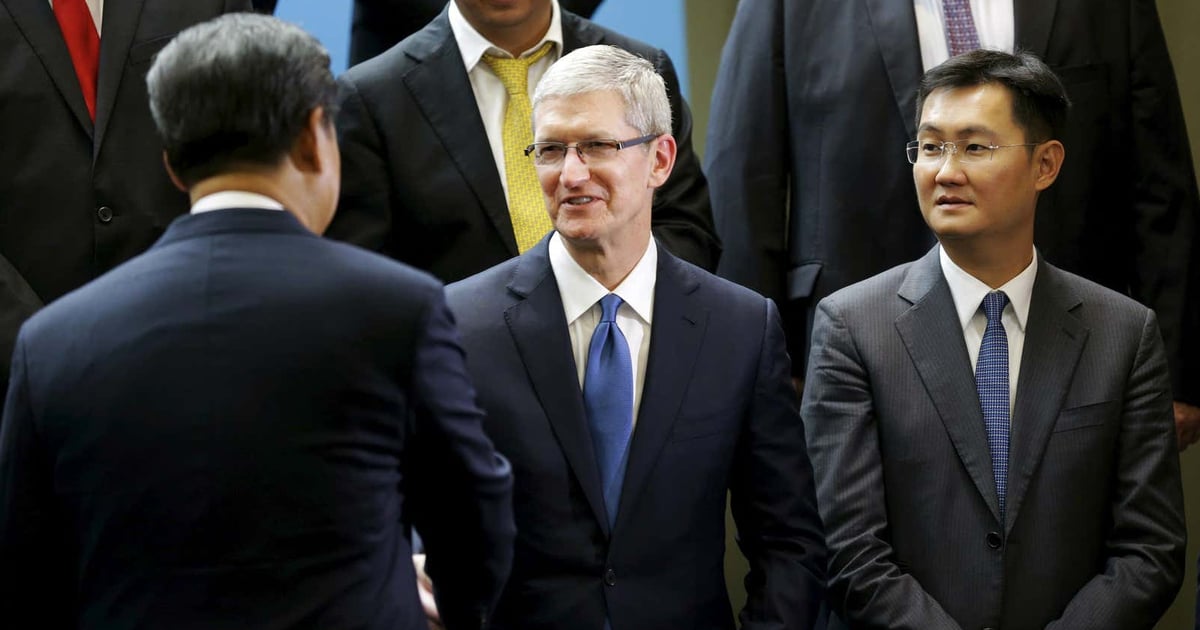

















![[Photo] Dong Ho Paintings - Old Styles Tell Modern Stories](https://vstatic.vietnam.vn/vietnam/resource/IMAGE/2025/3/29/317613ad8519462488572377727dda93)































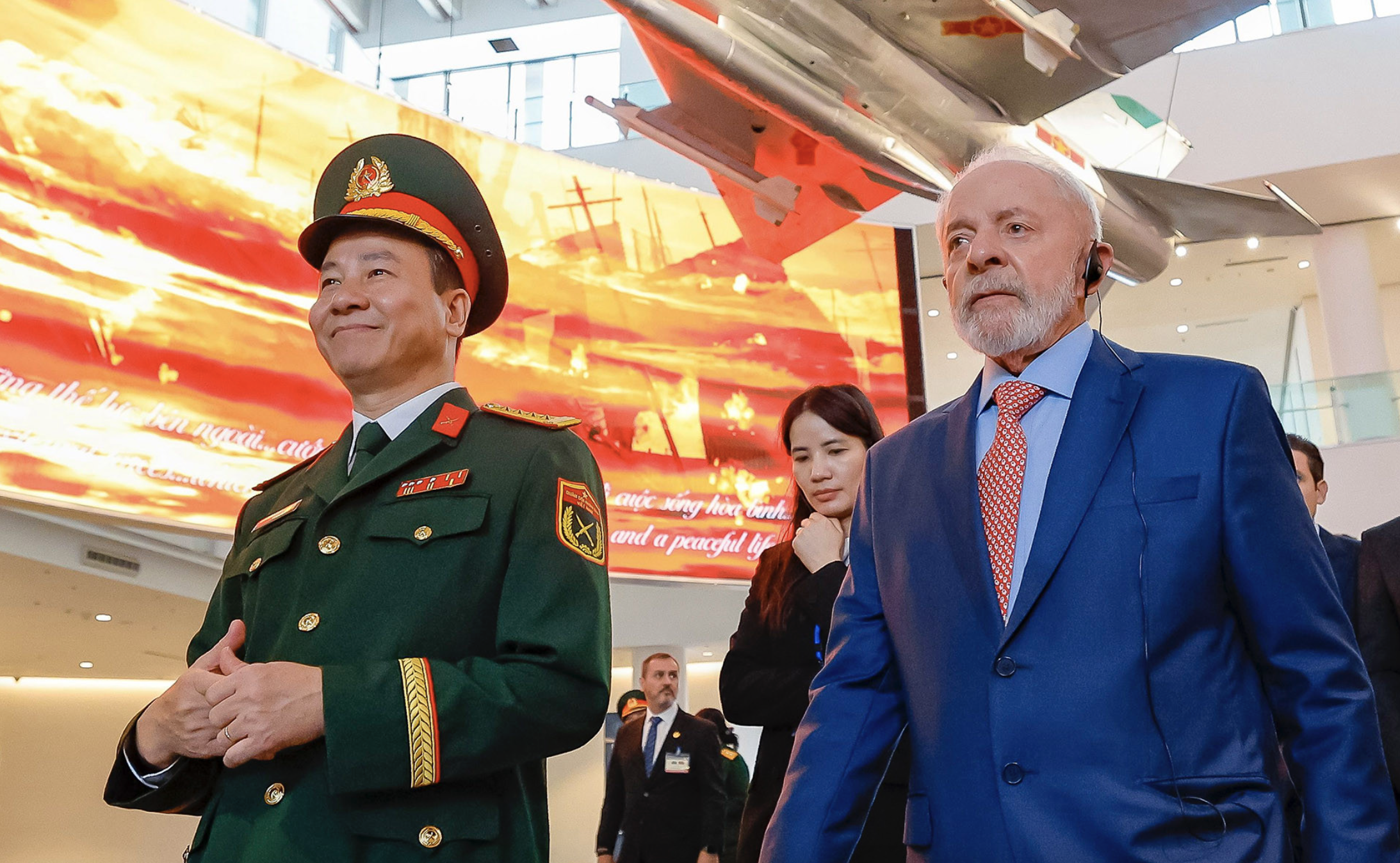

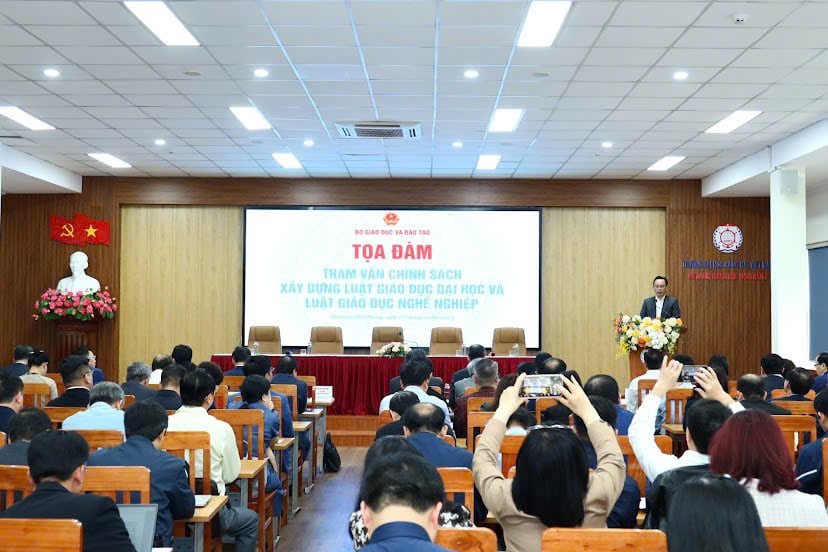

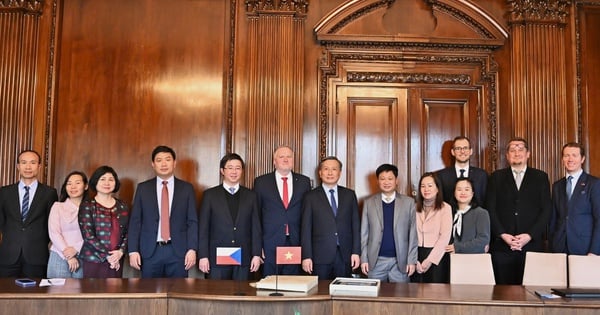

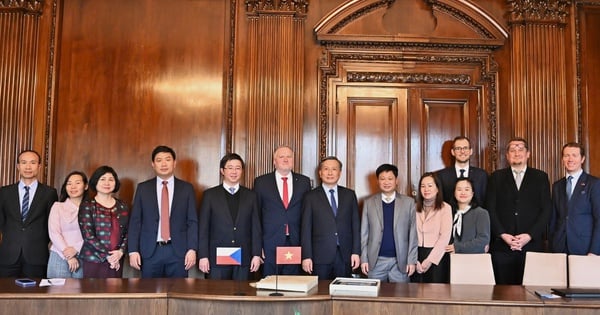
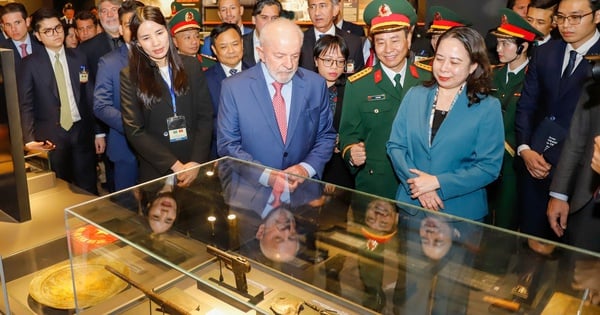


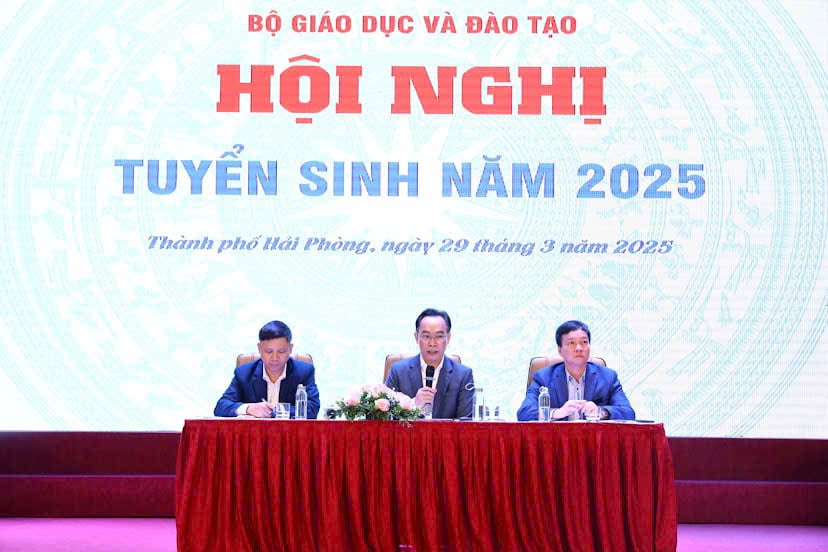
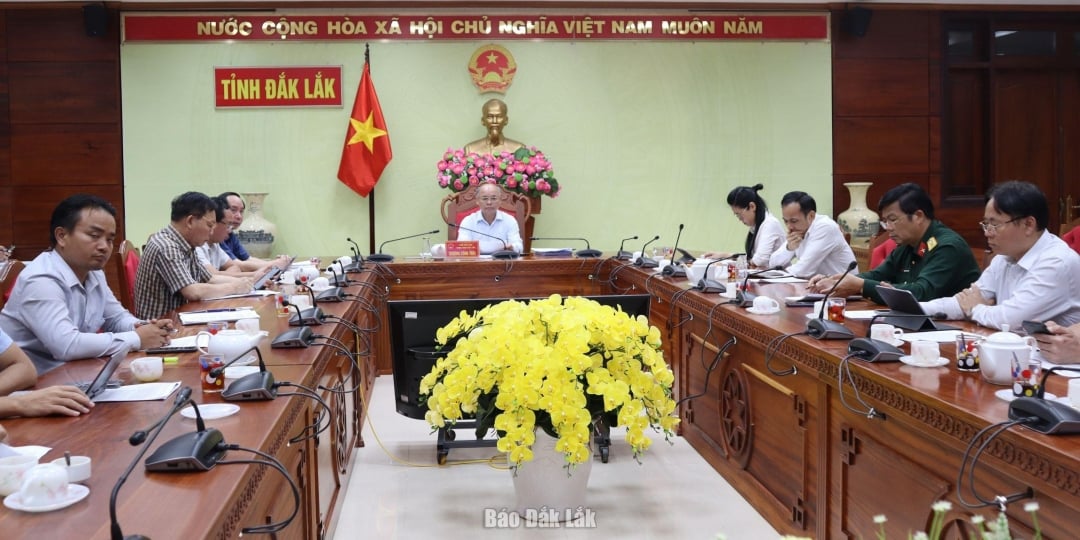



















Comment (0)